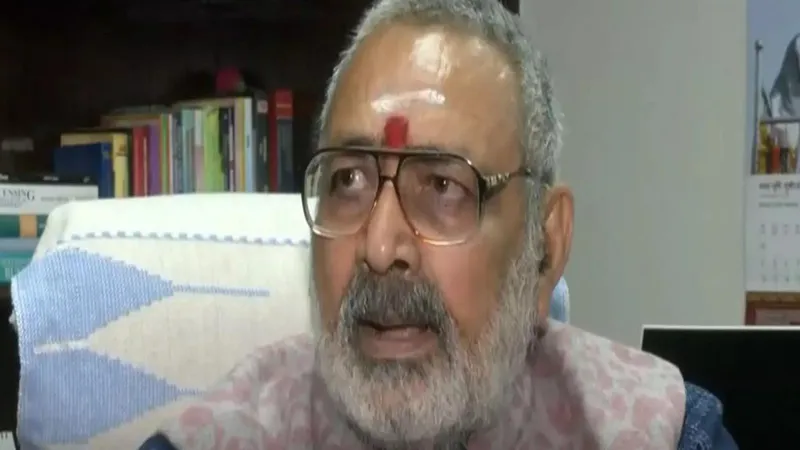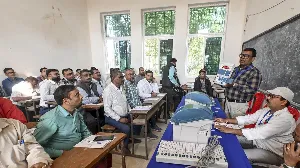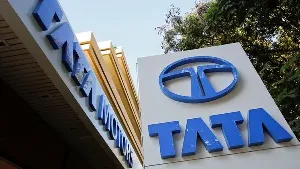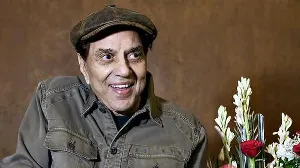Red Fort blast sparks political row in India over ‘home-grown’ terror debate

A debate over the causes of terrorism in India has intensified following a blast near the Red Fort in Delhi earlier this week. The attack, which officials say killed at least eight people and injured around 20, has led to growing scrutiny of the factors that may drive Indian citizens, including educated professionals, towards radicalisation.
The political argument escalated after former home minister P Chidambaram posted on X, the social media platform formerly known as Twitter, urging the public to consider the “circumstances that turn Indian citizens — even educated persons — into terrorists”. His comments came as the National Investigation Agency (NIA), India’s federal counter-terrorism body, began its inquiry into the incident.
Mr Chidambaram reiterated a long-held view that India faces both foreign-trained militants and individuals radicalised domestically. He stated that he had previously raised the issue in Parliament during a debate on Operation Sindoor, an anti-terror initiative, but was “mocked and trolled” at the time. He added that the government’s initial silence on the issue suggested it was aware that domestically radicalised groups also posed a threat.
The remarks prompted an immediate and forceful response from the BJP. Party spokesperson Pradeep Bhandari accused the Congress of offering “soft support to terrorists”. Other senior figures echoed the criticism, warning that any distinction between categories of attackers risked undermining national security efforts.
Mukhtar Abbas Naqvi, a former minister, said that “terrorists are beasts who need to be killed”, adding that Congress leaders “start screaming” when militants are targeted. BJP national spokesperson Nalin Kohli argued that terrorist violence should not be framed through narratives that create “victimhood” or imply justification. “In the fight against terror there are only two sides,” he said. “Those who stand with the terrorists and those who stand against it.”
Allies of the BJP also joined the criticism. Neeraj Kumar of the Janata Dal United said that introducing new terms such as “foreign” and “home-grown” terrorists risked confusing a straightforward issue. “A terrorist is a terrorist,” he said.
The Union cabinet formally designated the Red Fort blast a “terrorist incident” on Wednesday. Investigators have indicated that the attack may involve a transnational network with links across several Indian states. According to initial reports, three suspects, all qualified doctors, are under scrutiny. The inquiry has also widened to include Javed Ahmed Siddiqui, founder of Al-Falah University in the neighbouring city of Faridabad, where two suspects were employed.
Assam Chief Minister Himanta Biswa Sarma said the involvement of educated individuals demonstrated that higher learning alone could not guard against extremist intent. “Some diseases cannot be cured by education,” he said. “If they have bad intentions, they will make even more bombs if they are educated.”
Officials have not yet issued a comprehensive account of the attackers’ motivations, but investigators say they are examining possible ideological, personal, and financial drivers behind the plot. The NIA is also assessing whether the bomb used matches devices deployed in previous attacks linked to cross-border groups.
The dispute between the Congress and the BJP has reopened a broader political divide over the framing of terrorism within India. Mr Chidambaram has previously argued that not all attacks originate outside the country, citing a lack of evidence in some incidents to establish foreign involvement. In July, during a parliamentary debate on Operation Sindoor, he also questioned whether Pakistan was responsible for a previous attack in Pahalgam, prompting Home Minister Amit Shah to accuse him of giving “a clean chit” to India’s neighbour.
Despite the political tensions, both parties have condemned the Red Fort blast and called for a thorough investigation. The government has urged the public to avoid speculation until the NIA completes its inquiry.
Context
Terrorism has remained a contentious political issue in India, where successive governments have accused hostile groups based in Pakistan of orchestrating attacks. At the same time, security agencies have periodically warned of the risk posed by individuals radicalised within India, including through online networks.
Debates over whether attackers are linked to foreign groups or are radicalised domestically often shape public discourse, influence policy decisions, and determine how security agencies allocate resources. Analysts say the current dispute highlights the need for a clearer understanding of the factors that contribute to radicalisation among citizens, regardless of educational or socioeconomic background.
The Red Fort, a UNESCO World Heritage site and one of India’s most prominent landmarks, has been the target of attacks in the past. The latest incident has renewed calls for stronger intelligence coordination and enhanced oversight of institutions that may be vulnerable to extremist infiltration.

Bihar Assembly Elections 2025: Key Election Results and Insights

India Withdraws 14 Quality Norms to Support Key Manufacturing Sectors

Tata Motors Reports RS 867 Crore Loss for Q2 FY2025-26

Cultural Insights from Kolkata Woman's Experience in Chennai Office





